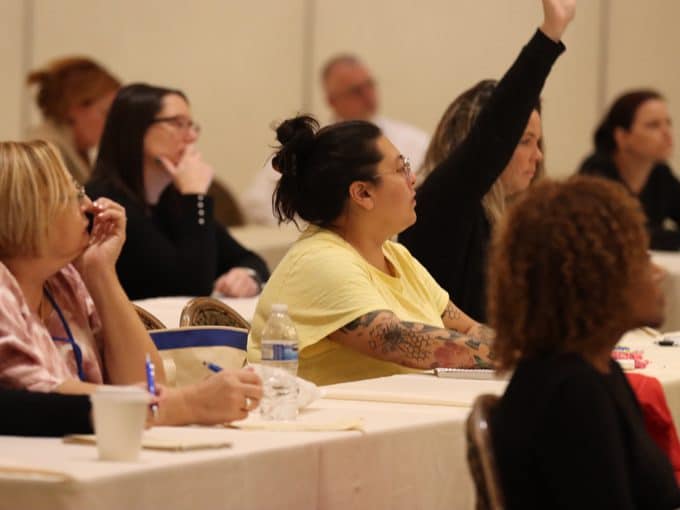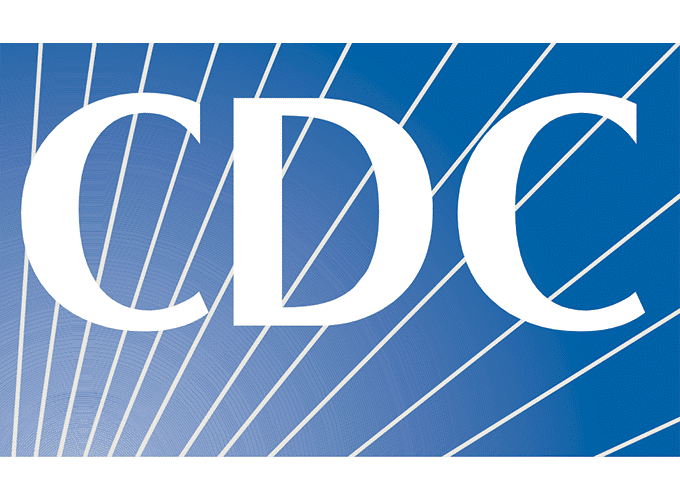
Share Your Expertise at the NCCHC Spring Conference on Correctional Health Care
Help shape the future of correctional health care.
Home What We’re Seeing: Opioid Use Disorder Treatment in Corrections
By Brent R. Gibson, MD, MPH, FACPM, CCHP-P
Managing Director, NCCHC Resources, Inc.
One of the challenges we are asked for help with is how to implement MAT in an environment where there is limited understanding of evidence-based treatment for opioid use disorder and poor access to all FDA-approved medications for OUD. For example, many jails have developed an interest in one or two treatment options. However, the expert consensus is that access to all approved medications, with specific clinical treatment decisions being made by patients and trained providers, is the starting point for a sound program, a program that will save lives and help rebuild communities devastated by the crisis.
Clinically speaking, the dearth of comprehensive programs is puzzling because the universe of treatment options for OUD is narrow. While providers have numerous and varied sound approaches for common chronic diseases like diabetes and hypertension (especially with regard to medications), there are basically three drugs (in various formulations) that are approved to treat opioid use disorder: methadone, buprenorphine and naltrexone. Contrast that with hypertension, with at least 10 classes of drugs and numerous drug options within each class. It’s a bewildering formulary and physicians usually settle on a limited subset that they are experienced with.
This being said, correctional health professionals know that successful treatment of the substance-dependent patient in a jail or prison setting presents unique challenges that may not be apparent to those working only in the community setting, and this reality is connected to the partial implementation of MAT.
Some insights from Best Practices and Guidelines for Jail-Based Medication-Assisted Treatment, published by NCCHC and NSA:
Another free reference is the new publication from the National Council for Behavioral Health, “Medication-Assisted Treatment for Opioid Use Disorder in Jails and Prisons.”
NCCHC is your source for education, training, and technical assistance for MAT in corrections. We are adept at educating and training both health and correctional staff with demystifying the process, identifying and addressing the knowledge gaps, and helping craft real-world, hands-on and locally relevant solutions. Don’t hesitate to contact us for more information at [email protected].


